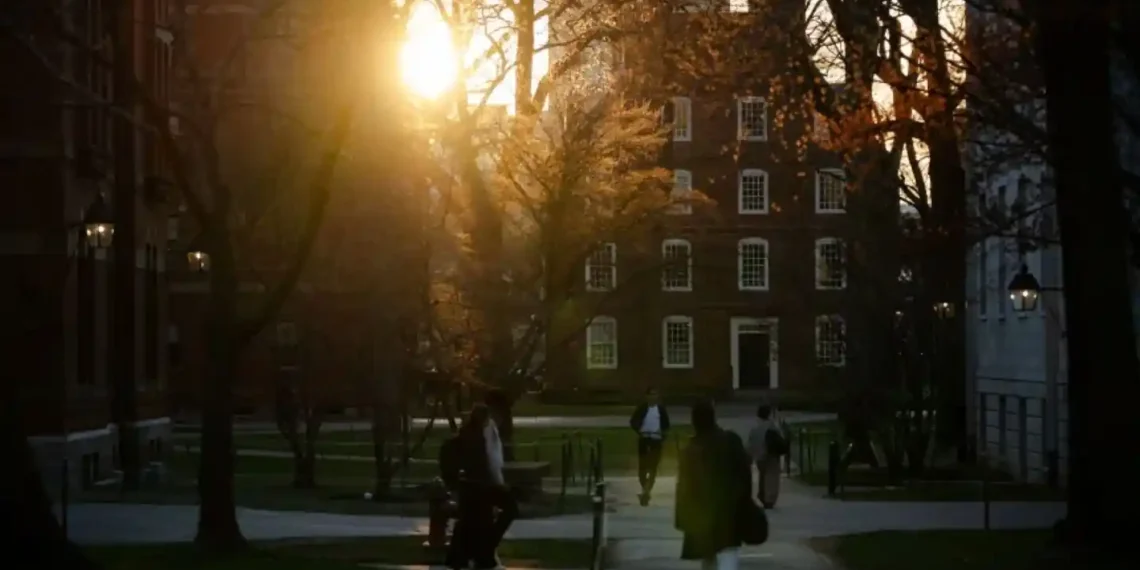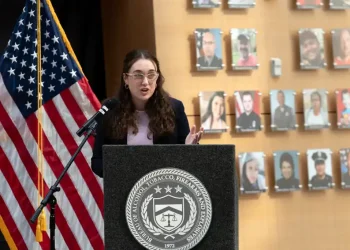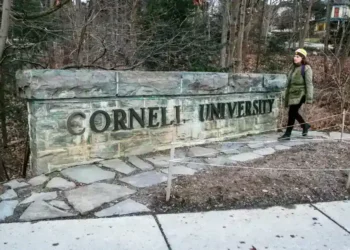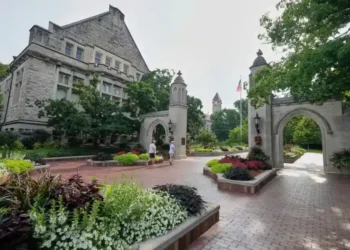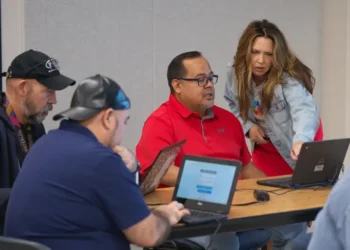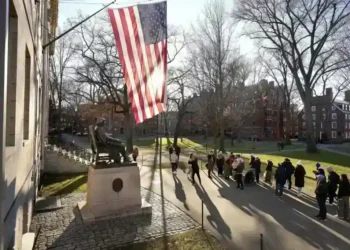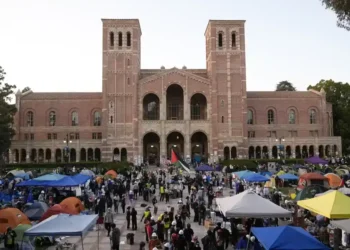DHS Bars Harvard from Enrolling International Students: What’s at Stake and What Comes Next
The Trump administration has taken a dramatic step in its ongoing conflict with higher education institutions, revoking Harvard University’s ability to enroll international students. The move, announced Thursday by the Department of Homeland Security (DHS), could reshape the university’s academic landscape and significantly impact thousands of students from around the world.
Here’s a breakdown of what’s happening, what it means for the Harvard community, and what remains uncertain.
What Just Happened?
The Department of Homeland Security terminated Harvard’s certification under the Student and Exchange Visitor Program (SEVP), which allows U.S. institutions to host international students on F-1 and J-1 visas. Without this certification, Harvard is legally barred from enrolling any new or existing international students under these visa programs.
This decision follows a high-profile standoff between Harvard and the Trump administration, which froze $2.2 billion in federal funding last month. The freeze came after Harvard refused to comply with demands to overhaul its international student program, becoming one of the first elite universities to push back against the administration’s education policies.
Harvard has strongly condemned the DHS decision, calling it “unlawful” and pledging swift action to support affected students.
Why This Matters: The Impact on Harvard’s International Community
International students are a vital part of Harvard’s academic fabric. In the 2024–2025 academic year alone, the university enrolled 6,793 international students—nearly 27% of its student body. Including visiting scholars and researchers, the international academic community at Harvard totals nearly 10,000 individuals from more than 140 countries.
Losing SEVP certification means these students must either transfer to another certified university or risk falling out of legal immigration status.
“We are committed to maintaining our ability to host our international students and scholars… who enrich the University and this nation,” Harvard stated in response.
What Happens to Current Students?
According to a letter from DHS Secretary Kristi Noem, Harvard may not enroll any international students on F-1 or J-1 visas for the upcoming academic year. Students already enrolled must transfer to another SEVP-certified institution to retain their legal status in the U.S.
U.S. Immigration and Customs Enforcement (ICE) requires all SEVP-certified schools to track key information about international students, such as their address and academic status. If a school loses certification, affected students typically have a short window to transfer or leave the country.
ICE has also emphasized strict compliance, warning that it will sanction schools that fail to meet their obligations.
Academic and Financial Fallout
The repercussions could be far-reaching for Harvard and beyond. Faculty members are expressing alarm over the potential academic consequences. Some warn that labs and research programs could be hollowed out without international scholars.
“Many labs will empty out,” one professor told CNN.
Jason Furman, a Harvard economist and former advisor to President Obama, didn’t mince words:
“It is impossible to imagine Harvard without our amazing international students. They are a huge benefit to everyone here, to innovation, and to the United States more broadly.”
The policy could also hurt Harvard financially. International students often pay full tuition since they’re typically ineligible for federal aid—an important revenue source. In April, DHS Secretary Noem argued that Harvard “relies heavily on foreign student funding … to build and maintain their substantial endowment.”
University spokesperson Jason Newton warned that the action would inflict “serious harm” on the Harvard community and compromise the school’s educational mission.
What’s Next?
Harvard has vowed to challenge the decision and provide urgent support to its international students. But for now, many questions remain about how quickly the university can respond—and whether the policy will withstand legal scrutiny.
As one of the world’s leading academic institutions finds itself at the center of a political battle, the consequences could ripple across the entire landscape of American higher education.
Correction: A previous version of this article incorrectly attributed a quote about Harvard’s reliance on foreign student funding. It was made by DHS Secretary Kristi Noem in April.
This article was rewritten by JournosNews.com based on verified reporting from trusted sources. The content has been independently reviewed, fact-checked, and edited for accuracy, neutrality, tone, and global readability in accordance with Google News and AdSense standards.
All opinions, quotes, or statements from contributors, experts, or sourced organizations do not necessarily reflect the views of JournosNews.com. JournosNews.com maintains full editorial independence from any external funders, sponsors, or organizations.
Stay informed with JournosNews.com — your trusted source for verified global reporting and in-depth analysis. Follow us on Google News, BlueSky, and X for real-time updates.
